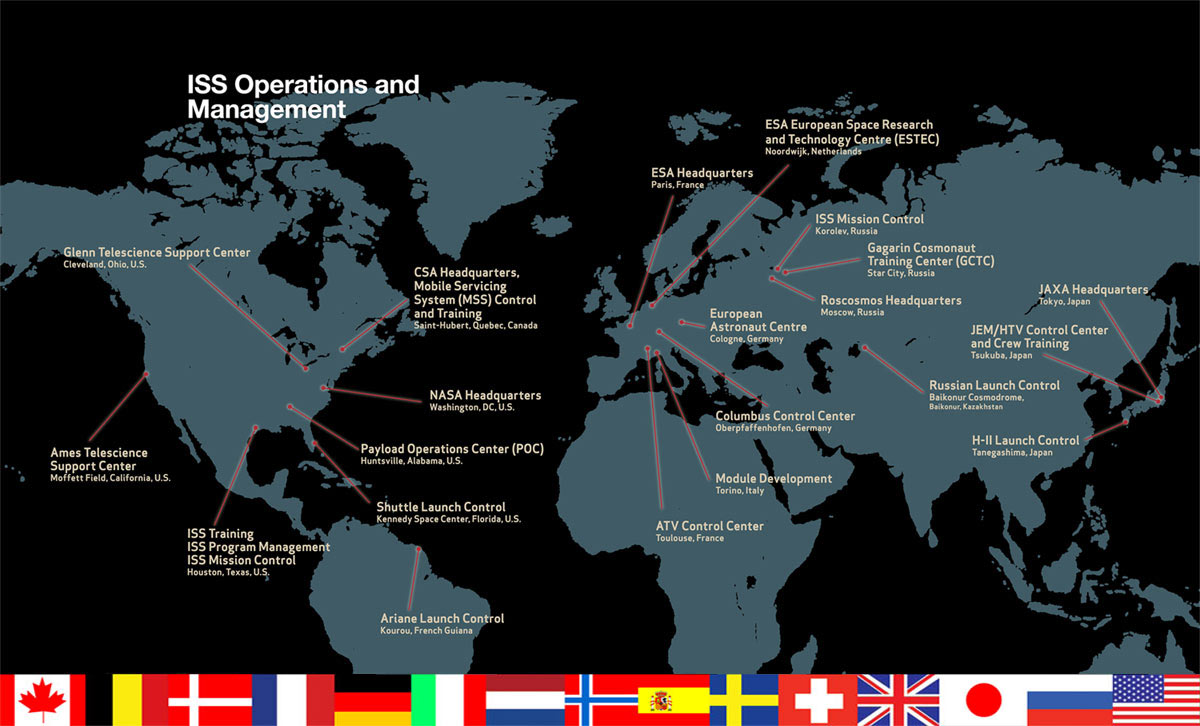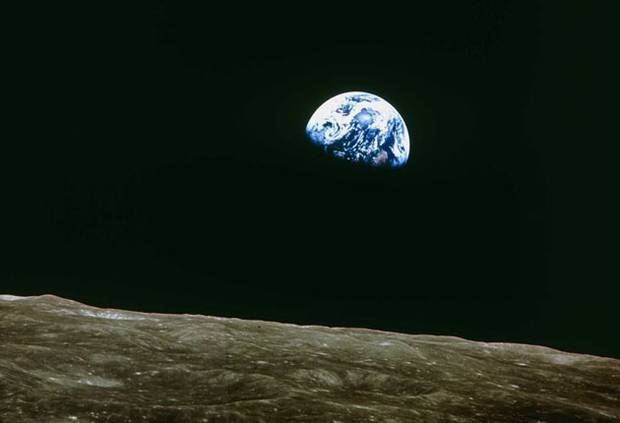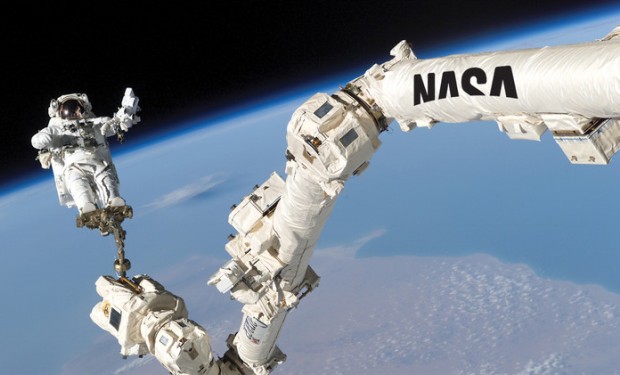Discovering the Cosmos
Space is a frontier for geo-political, scientific, military and economic development. When the National Aeronautics and Space Administration (NASA) was established by the Eisenhower administration in 1958, its mission was to advance science and technology through flight, with Neil Armstrong’s vision “to fly what others only imagine”. This year, NASA celebrated the 45-year anniversary of the Apollo 11 mission to the moon; an event which redefined the limits of space travel and brought the wonders of the universe to the televisions and hearts of so many. It served as a great milestone in human history, and a reminder to all the nations of the world, especially Russia, that America had won the race. Indeed it was highly competitive nationalism and not scientific thirst, which drove the race to the moon. 56 years and hundreds of manned and unmanned missions later, NASA has truly accomplished so much more than it set out to. It has inspired dreams, and it has brought the cosmos one step closer to earth.
The scientific and technological innovations which have ensued ever since, have allowed us to glimpse into a world outside of our own, and to discover striking notions about how earth, humans and the creation of the universe came to be. These discoveries have allowed us to dream about the cities, food and transportation systems of tomorrow. The detection of common elements, such as hydrogen, nitrogen, calcium and carbon, brewing in the cores of collapsing stars, and the discovery that our world, bodies and food are composed of the very same elements, allowed for macro concepts of the universe to translate into micro-happenings in the everyday life of human beings. We occupy a small albeit meaningful space in the cosmos, but in the words of astrophysicist Carl Sagan, “the cosmos is also within us, we are made of star-stuff”.
The scientific and technological innovations which have ensued ever since, have allowed us to glimpse into a world outside of our own, and to discover striking notions about how earth, humans and the creation of the universe came to be.
Political Will Drives Multilateralism
The International Space Station (ISS) was launched in 1998 through a strategic alliance between of the United States, Russian, Canadian and Japanese governments and the participating countries of the European Space Agency. It represents one of the most ambitious international collaborations ever attempted, and is a striking example of the power of global diplomatic partnership and cooperation. In the highly globalized world today, the ISS program brings together the best and brightest in the fields of science, astronomy, engineering and medicine to coordinate complex multilateral training, research and communications initiatives. To date, the research conducted abroad the ISS has led to groundbreaking understandings in the fields of medicine, quantum mechanics and environmental sciences. Perhaps most importantly, this research has had practical applications, providing the seed to enable human beings to live more productive, healthier and sustainable lives.

Yet in the face of all the wonder and awe of what we have discovered and what we have yet to learn, NASA’s budget continues to shrink every year, with the implicit notion that money must be spent ‘down here’ and not ‘up there’. In America, there exists a profound disconnect between the nation’s technological and economic ambitions, the consequential environmental issues and the path which has been chosen to attempt to restore balance. According to President Obama’s 2013 budget proposal, NASA’s budget will decrease from the $18.4 billion it was allotted in 2011 to $17.7 billion by 2017. This will have a large impact on the economies and job markets of many US states, but the biggest consequence cannot be measured in dollars. It will be felt in the scientific communities of universities and colleges, where the next generation will not feel the same empowerment or challenge to ignite the spark of scientific exploration.
NASA’s Role in Environmental Research
The cosmic perspective, as described by astrophysicist Dr. Neil Degrasse Tyson, is one where earth is whole. The political boundaries that we have drawn to separate one jurisdiction from another on our planet, do not exist from space. Earth is simply seen as ocean, land and atmosphere. From space, we are not compelled to divide ourselves; we are essentially all in this together. This philosophy is a driving force behind NASA’s climate change research program, which aims to enhance the ability of the international scientific community to advance earth science using space-based observations.

The iconic photograph captured by the crew of the Apollo 8 mission gave us the opportunity to both look out into space and back at earth, the only home we have ever known. This image would go on to spur vast environmental movements and alter public consciousness about the fragility of our planet, and the importance of protecting it for generations to come. Yet, the reality of climate change permeates the globe today, causing devastation and death in its wake, and forcing us to recognize the series of events which put this phase of climate change into motion. What has become clear is that we cannot continue to search for quick solutions operating in silos. As Carl Sagan noted in 1994 “in our obscurity, in all this vastness, there is no hint that help will come from elsewhere to save us from ourselves…like it or not, for the moment the Earth is where we make our stand”.




